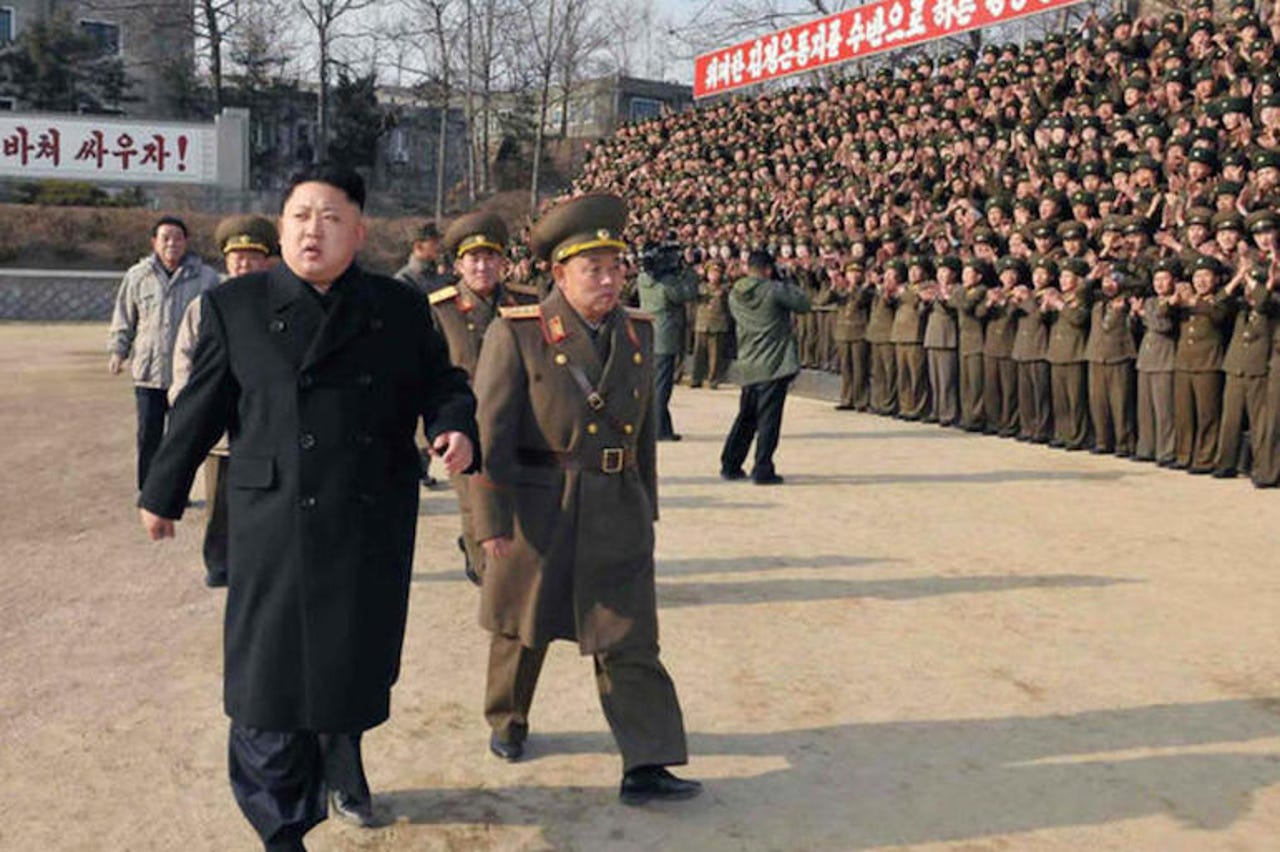US finds no cyber threats, despite declaring "national emergency"


(Image: via file footage/CBSNews.com)
Six months after issuing an executive order to handle the "national emergency" that the US faced amid the growing wave of cyberattacks, the Obama administration has yet to find any threats.
US President Barack Obama said the "increasing prevalence and severity of malicious cyber-enabled activities" in late-2014 and early-2015 posed an "unusual and extraordinary threat" to its national security. He signed an executive order in April 2015 in an effort to hit cyber-criminals and their host nations with sanctions -- such as freezing assets -- of those who target the US' economic health.
But a newly-released Treasury Dept.'s report into the effectiveness of the six-month old executive order, dated October 1, said that the government had not designated any individuals or entities under the order, and collected no financial penalties or rewards.
On the other hand, the report said that the federal government had spent about $760,000 in costs, directly attributable to the executive order -- mostly relating to wages and and personnel costs.
The report was first published after a Freedom of Information request by FAS blogger Steven Aftergood.
The executive order was signed after a tumultuous time in US cybersecurity history, months after the massive cyberattack that devastated Sony, which was linked to North Korean hackers. The hackers crippled the company's networks and destroyed data -- but not before the hackers stole terabytes of it. The motive was unclear, but was thought to be connected to the release of a highly-critical comedy movie, "The Interview," which parodied the reclusive Communist state's leader.
The country called the movie an "act of war," and later complained to the United Nations.
Marking the order's one-year anniversary in a statement, the White House did not reveal how many attackers or groups had been ensnared by the order, but said that "significant" malicious cyber-threats "continue to pose an unusual and extraordinary threat to the national security."
Spokespeople for the White House and Treasury Dept. did not immediately respond to requests for comment.